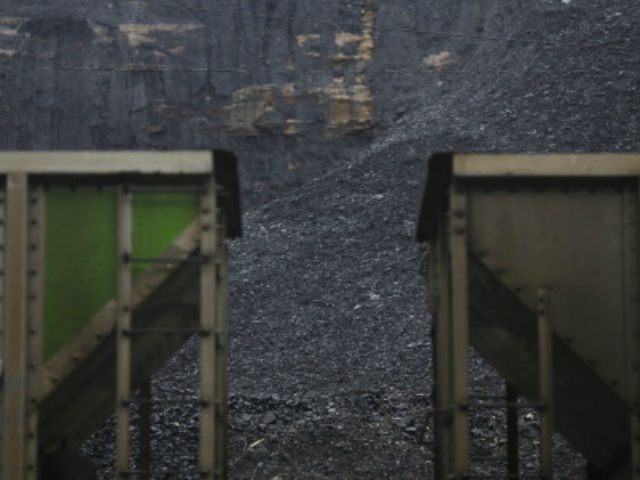It’s now official. President Obama has declared an all-out war on coal. In no uncertain terms, the president wants to wield a fatal blow to America’s coal industry, even though the nation urgently needs the reliable and affordable electricity that coal provides.
Specifically, President Obama has opened a three-pronged attack.
As a first step last year, he directed the Environmental Protection Agency (EPA) to implement a Clean Power Plan (CPP) mandating a 32 percent reduction in carbon dioxide emissions from U.S. power plants by 2030. If fully implemented, the CPP will force the closing of about 40 percent of coal-based generating capacity nationwide.
Even as America contemplates this potential shutdown of coal, countries like China and India are already building new coal-fired plants at a rapid pace. And so, for those who think global warming is a problem, the CPP is useless. It won’t even put a dent in the overall increase in global carbon dioxide emissions.
To add insult to injury, a study by Energy Ventures Analysis (EVA) says that by 2030 the CPP will mean Americans would pay $214 billion more for wholesale electricity. They project that 46 states will experience double-digit increases in electricity prices, and 16 of those states will see their electricity bill increase by 25 percent or more. As for sheer cost, EVA estimates that states will need to spend an additional $64 billion to build new infrastructure to replace the coal plants shuttered by the CPP. These costs will, of course, be passed along to utility customers.
The second front in this three-tiered attack sees coal producers being subject to new restrictions through the Interior Department’s Office of Surface Mining Reclamation and Enforcement (OSM). Through something called the “Stream Protection Rule” (SPR), the president hopes to limit mining operations near streams. According to a study done by Ramboll Environ, the total number of jobs at risk, including mining and linked sector employment (like manufacturing and freight rail), runs from 112,757 jobs to a high of 280,809 jobs.
Superficially, the SPR sounds like a laudable attempt at pristine nature restoration. But the administration has not only overlooked input from the respective, impacted states, but has also neglected to inform the general public that the rule is simply unnecessary. The SPR not only duplicates current protections from both the EPA and state environmental agencies, but as the president’s own OSM reports, the offsite impacts of domestic coal mining are insignificant. In fact, states have long monitored their coal sectors, with great success in terms of achieving environmental protection goals.
Unfortunately, the overall decrease from the SPR in terms of recoverable coal reserves would range from 27 percent to 64 percent, and both surface and underground mines will be significantly impacted. The annual value of lost coal lost could run from $14 billion to $29 billion.
The president’s third salvo came on January 15, when he ordered a moratorium on new leases for coal mining on federal lands. Approximately 40 percent of the coal mined in the United States comes from these federal leases, with the vast majority in Wyoming, Montana, Colorado, Utah, and New Mexico. Montana Governor Steve Bullock, a Democrat, and Wyoming Governor Matt Mead, a Republican, have strongly criticized the moratorium. Rep. Rob Bishop (R-UT), Chairman of the House Committee on Natural Resources, says, “This unprecedented action will completely shut down coal leasing on Federal lands and will disproportionately harm the poorest among us.”
Such a trifecta of federal overreach is intended to sound the death knell of America’s coal industry, but at a great cost in terms of higher energy prices and lost jobs.
The president’s scorched earth policy to destroy coal is wrong-headed and destructive, not only to the coal industry, but to a prosperous way of life built on affordable and diverse energy sources. Overall, the high costs of implementing these three efforts, for no discernible benefit, makes sense only if one actively contemplates ending coal production in the United States.
Terry M. Jarrett is an energy attorney and consultant, and a former commissioner of the Missouri Public Service Commission.

COMMENTS
Please let us know if you're having issues with commenting.